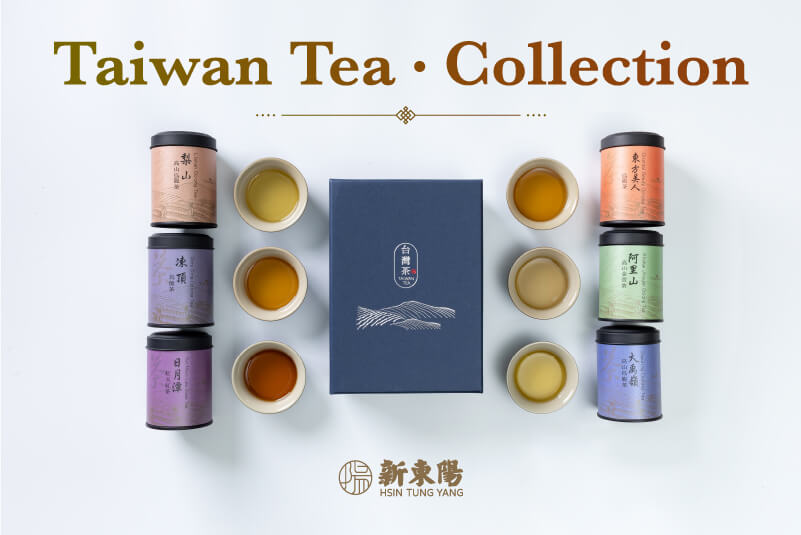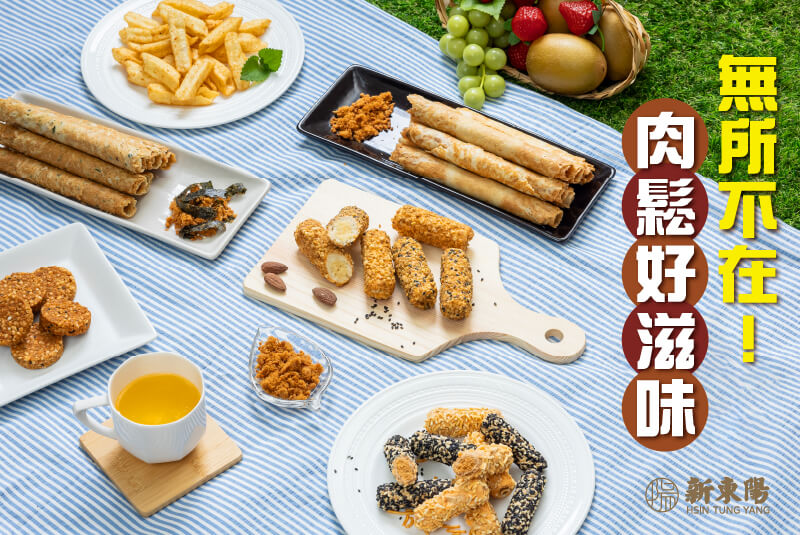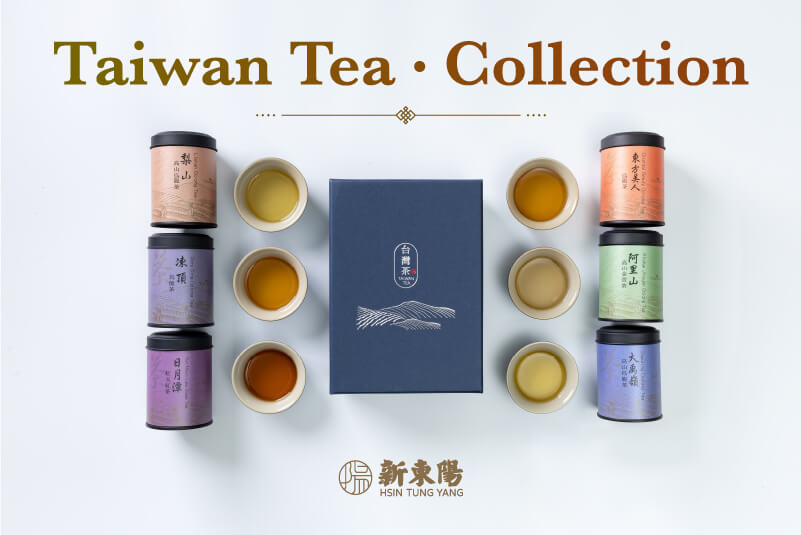Taiwan tea is internationally recognized for its high quality; it is also one of the island’s most representative agricultural products. But did you know that oolong tea was already a popular export product more than 150 years ago? With its unique combination of green tea’s delicate aroma and black tea’s robust flavor, oolong tea has become a favorite among consumers in the West. The export of Formosa Oolong Tea over a century ago was a cornerstone of northern Taiwan's economic development.
Over time, for the Taiwanese, tea leaves have become more than just an export product. A deep-rooted love and passion for tea has significantly shaped the tea-making techniques and culinary culture of this island. Thanks to centuries of fine-tuning tea-making techniques, through fermentation, roasting, shaping, and other processes, tea leaves are now transformed into a beverage with a vast array of flavors. Taiwanese tea culture, shaped by the kung fu tea traditions brought over by early Fujianese immigrants and influenced by the aesthetics of Japanese tea ceremony and Zen Buddhism, has evolved over the years into a unique and refined form.
Just as a region shapes its people, so too does it shape its tea. The major tea-growing regions in Taiwan are located in New Taipei and Taoyuan cities and the counties of Hsinchu, Miaoli, Nantou, Yunlin, and Chiayi. Among these, Nantou alone accounts for more than half of Taiwan's total tea production. Each tea-growing region has different altitudes, as well as weather and soil conditions. The terroir of each tea-growing region imparts unique flavors to its tea, and the resulting diversity has enriched Taiwan’s rich tea-drinking culture.
Hsin Tun Yang’s Premium Taiwanese Tea Gift Set is a collection of six exquisite teas, each representing a unique region of Taiwan. The availability of a variety of combinations and packaging options, including loose-leaf tea and tea bags, allows consumers to select and collect their favorite Taiwanese teas. Each sip of tea reveals the essence of Taiwan’s land and culture, while the gift box’s refined and minimalist design is a feast for the eyes. This gift set from Taiwan is perfect for sharing with friends and family and for introducing foreign friends to wonderful Taiwanese tea.
Dayuling High Mountain Oolong Tea
The high-altitude tea gardens of Dayuling in Nantou are enveloped in mist year-round, contributing to the distinctive character of its teas. The oolong tea produced in this region is renowned for its exceptional quality and limited supply. It is often referred to as the "King of High Mountain Tea" and is highly sought after by tea connoisseurs.
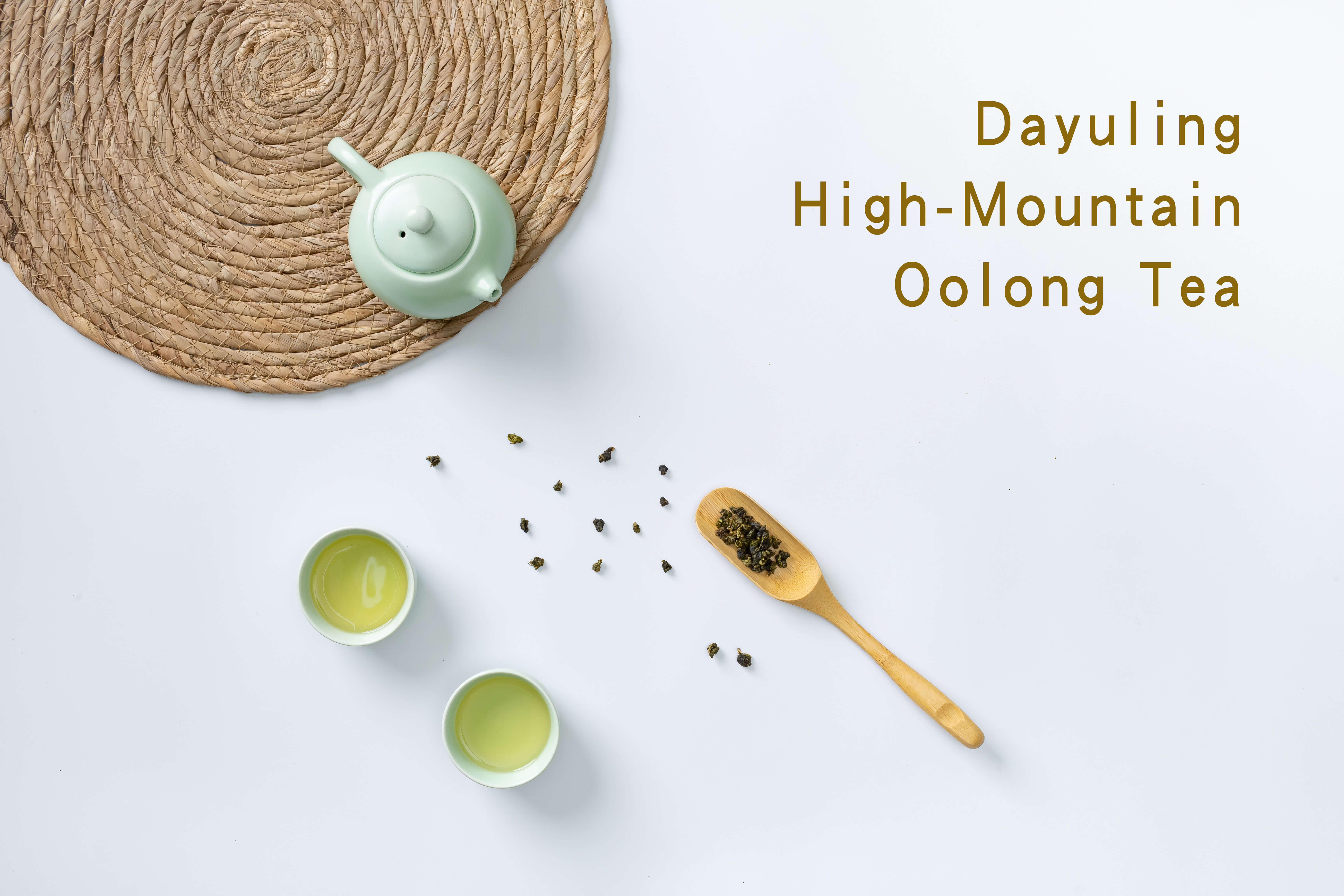
Lishan High Mountain Oolong Tea
This tea is cultivated in tea gardens 2,000 meters above sea level. The significant day and night temperature fluctuations and limited sunlight exposure contribute to a reduction in the bitterness of the tea. As a result, the tea has a sweet and rich flavor that is remarkably smooth, even after steeping it multiple times. It is considered a premium high-mountain tea.
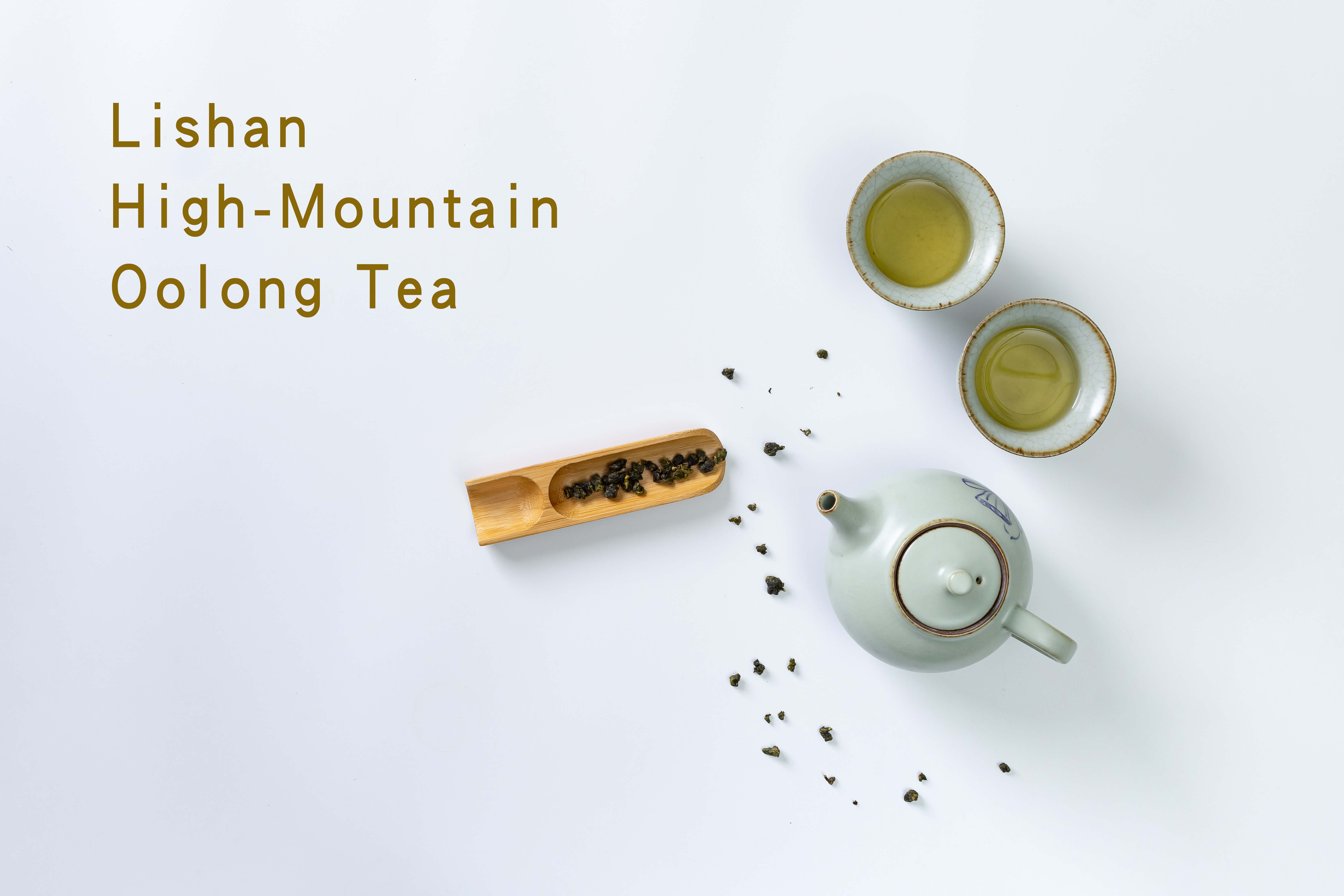
Alishan High Mountain Jinxuan Oolong Tea
Jinxuan is a tea cultivar developed in Taiwan, also known as Taiwan Tea No. 12. Alishan Jinxuan tea is known for its mild milky fragrance and sweet, refreshing aftertaste. It’s a great starting tea for those new to high-mountain teas.
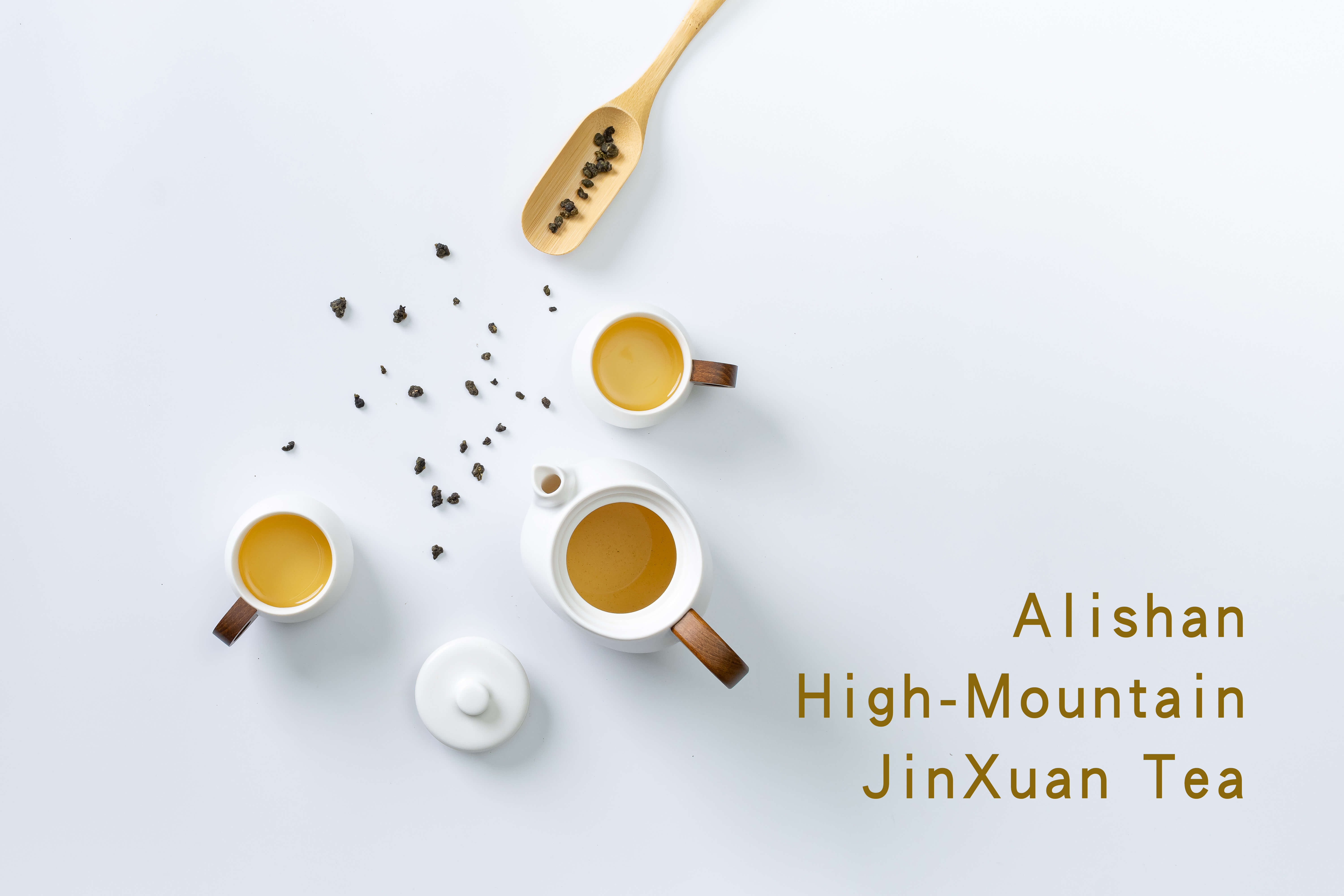
Dongding Oolong Tea
Dongding, situated in Lugu Township of Nantou County, is a renowned tea-growing area in Taiwan. Known as one of Taiwan's top ten teas, Dongding Oolong is celebrated for its delicate aroma, smooth taste, and mellow flavor, making it a quintessential Taiwanese souvenir.
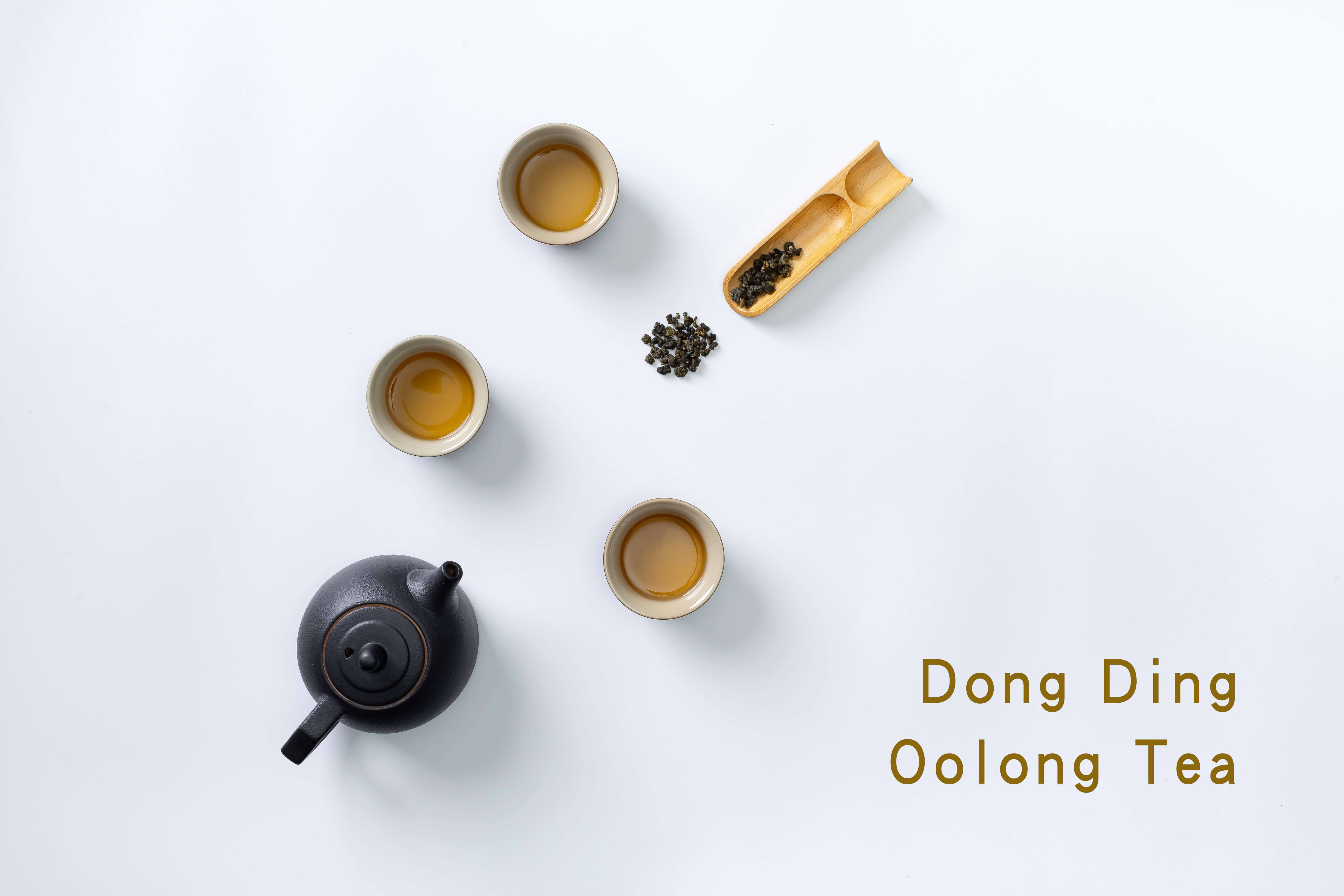
Oriental Beauty Tea
Also known as white tip oolong tea, its most distinctive feature is that the young tea buds are bitten by small green leafhoppers. As a result, it acquires a distinctive natural fruity fragrance. Due to its vibrant liquor, infused with fruity and honeyed notes, the tea became known among Western tea connoisseurs as Oriental Beauty Tea.
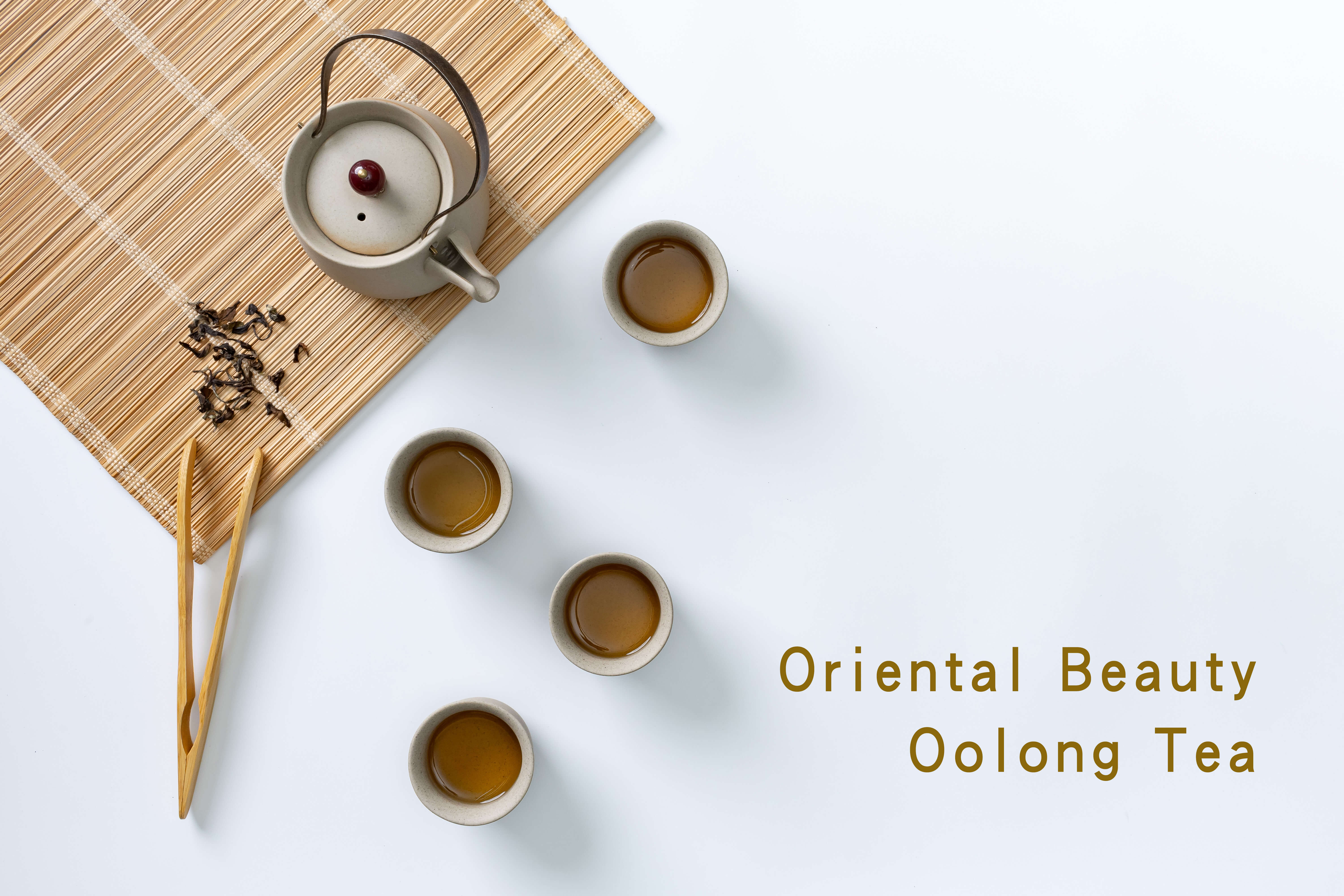
Sun Moon Lake Red Jade Black Tea
Cultivated close to Sun Moon Lake in Nantou County, this is a hybrid variety developed from a cross between Taiwanese mountain tea and Burmese Assam. It is also known as Taiwan Tea No. 18. Featuring a delightful blend of cinnamon and subtle mint, this tea offers a smooth and refreshing taste that doesn’t become bitter, even with prolonged steeping. It’s ideal for both hot and cold brewing.
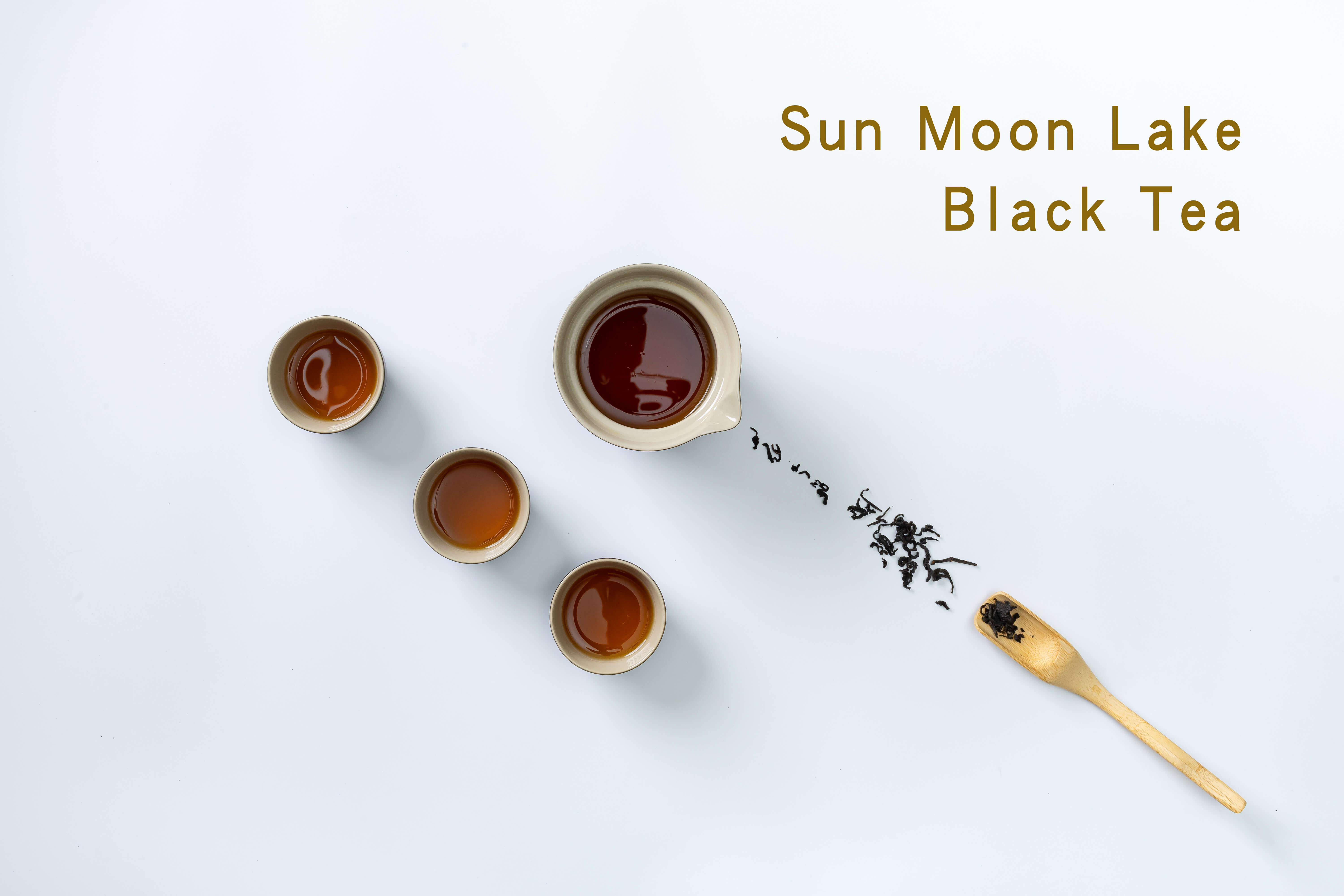
Tea Brewing Know-how
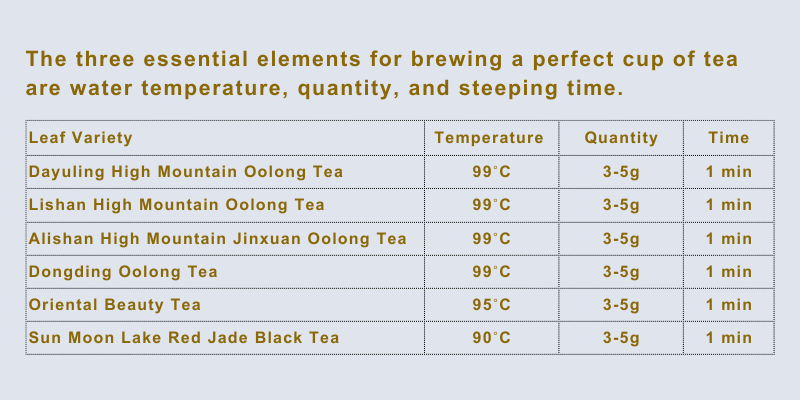
The number of times you can re-steep the tea and the steeping time can be adjusted to suit your taste.
For tea bags, it is recommended to use 300-400cc of 95°C water and infuse for 3-5 minutes. A subsequent infusion or two is typically sufficient.
【Exclusive offers】
Foreign passport holders enjoy a NT$100 discount when they check in on social media and spend a minimum of NT$1,000.(Offer available only at Hsin Tung Yang stores, department store counters, highway service areas, and bus transfer stations. Not applicable at Hsin Tung Yang airport shops.)
Over time, for the Taiwanese, tea leaves have become more than just an export product. A deep-rooted love and passion for tea has significantly shaped the tea-making techniques and culinary culture of this island. Thanks to centuries of fine-tuning tea-making techniques, through fermentation, roasting, shaping, and other processes, tea leaves are now transformed into a beverage with a vast array of flavors. Taiwanese tea culture, shaped by the kung fu tea traditions brought over by early Fujianese immigrants and influenced by the aesthetics of Japanese tea ceremony and Zen Buddhism, has evolved over the years into a unique and refined form.
Just as a region shapes its people, so too does it shape its tea. The major tea-growing regions in Taiwan are located in New Taipei and Taoyuan cities and the counties of Hsinchu, Miaoli, Nantou, Yunlin, and Chiayi. Among these, Nantou alone accounts for more than half of Taiwan's total tea production. Each tea-growing region has different altitudes, as well as weather and soil conditions. The terroir of each tea-growing region imparts unique flavors to its tea, and the resulting diversity has enriched Taiwan’s rich tea-drinking culture.
Hsin Tun Yang’s Premium Taiwanese Tea Gift Set is a collection of six exquisite teas, each representing a unique region of Taiwan. The availability of a variety of combinations and packaging options, including loose-leaf tea and tea bags, allows consumers to select and collect their favorite Taiwanese teas. Each sip of tea reveals the essence of Taiwan’s land and culture, while the gift box’s refined and minimalist design is a feast for the eyes. This gift set from Taiwan is perfect for sharing with friends and family and for introducing foreign friends to wonderful Taiwanese tea.
Dayuling High Mountain Oolong Tea
The high-altitude tea gardens of Dayuling in Nantou are enveloped in mist year-round, contributing to the distinctive character of its teas. The oolong tea produced in this region is renowned for its exceptional quality and limited supply. It is often referred to as the "King of High Mountain Tea" and is highly sought after by tea connoisseurs.

Lishan High Mountain Oolong Tea
This tea is cultivated in tea gardens 2,000 meters above sea level. The significant day and night temperature fluctuations and limited sunlight exposure contribute to a reduction in the bitterness of the tea. As a result, the tea has a sweet and rich flavor that is remarkably smooth, even after steeping it multiple times. It is considered a premium high-mountain tea.

Alishan High Mountain Jinxuan Oolong Tea
Jinxuan is a tea cultivar developed in Taiwan, also known as Taiwan Tea No. 12. Alishan Jinxuan tea is known for its mild milky fragrance and sweet, refreshing aftertaste. It’s a great starting tea for those new to high-mountain teas.

Dongding Oolong Tea
Dongding, situated in Lugu Township of Nantou County, is a renowned tea-growing area in Taiwan. Known as one of Taiwan's top ten teas, Dongding Oolong is celebrated for its delicate aroma, smooth taste, and mellow flavor, making it a quintessential Taiwanese souvenir.

Oriental Beauty Tea
Also known as white tip oolong tea, its most distinctive feature is that the young tea buds are bitten by small green leafhoppers. As a result, it acquires a distinctive natural fruity fragrance. Due to its vibrant liquor, infused with fruity and honeyed notes, the tea became known among Western tea connoisseurs as Oriental Beauty Tea.

Sun Moon Lake Red Jade Black Tea
Cultivated close to Sun Moon Lake in Nantou County, this is a hybrid variety developed from a cross between Taiwanese mountain tea and Burmese Assam. It is also known as Taiwan Tea No. 18. Featuring a delightful blend of cinnamon and subtle mint, this tea offers a smooth and refreshing taste that doesn’t become bitter, even with prolonged steeping. It’s ideal for both hot and cold brewing.

Tea Brewing Know-how

The number of times you can re-steep the tea and the steeping time can be adjusted to suit your taste.
For tea bags, it is recommended to use 300-400cc of 95°C water and infuse for 3-5 minutes. A subsequent infusion or two is typically sufficient.
【Exclusive offers】
Foreign passport holders enjoy a NT$100 discount when they check in on social media and spend a minimum of NT$1,000.(Offer available only at Hsin Tung Yang stores, department store counters, highway service areas, and bus transfer stations. Not applicable at Hsin Tung Yang airport shops.)
上一篇
Meat floss deliciousness is everywhere!
下一篇
Classic Flavors, Modern Twist-2024 Taiwan Local Delicacies Tour
RECOMMEND


